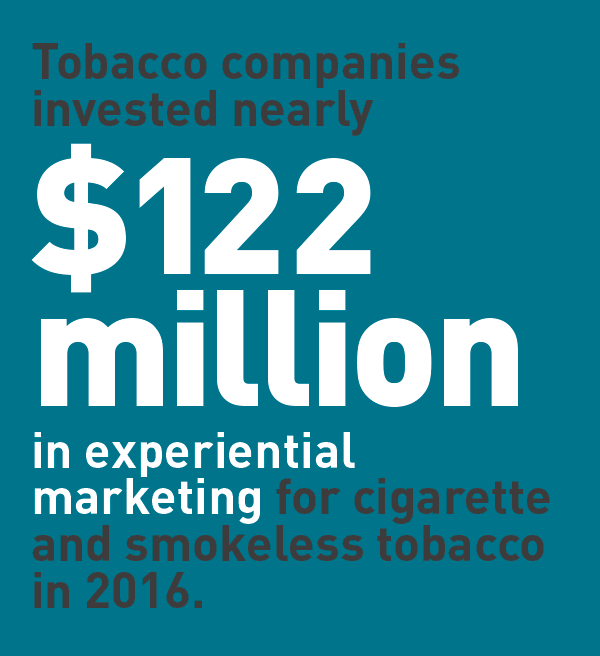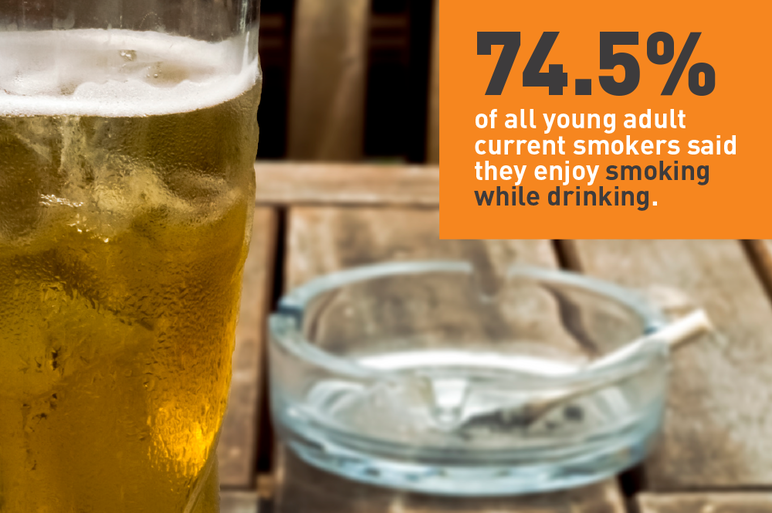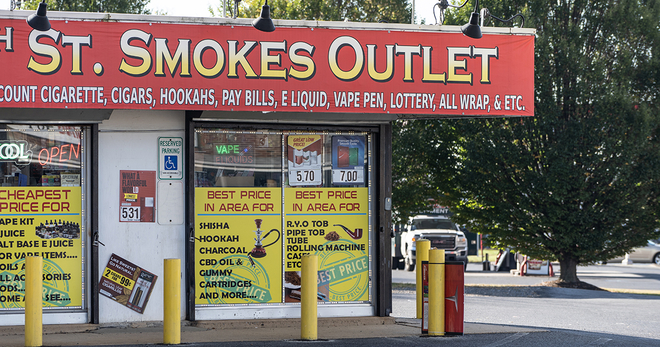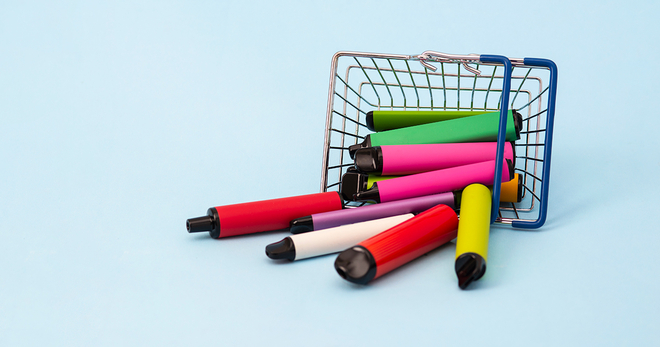
Cigars
Cigar company Swisher Sweets organizes events as part of its Swisher Sweets Artist Project, a marketing campaign that holds music events with emerging artists, including pop-up performances in convenience stores — “Convenience Store Sessions” — and concerts in select cities called “Swisher Sweets Pack Nights.” These events are hosted across the country and are set against the backdrop of Swisher Sweets ads, displays and clothes. Tickets for some pack nights locations included a voucher for packs of certain Swisher Sweets cigars and cigarillos. At other pack night locations, attendees could get special gear and giveaways.













